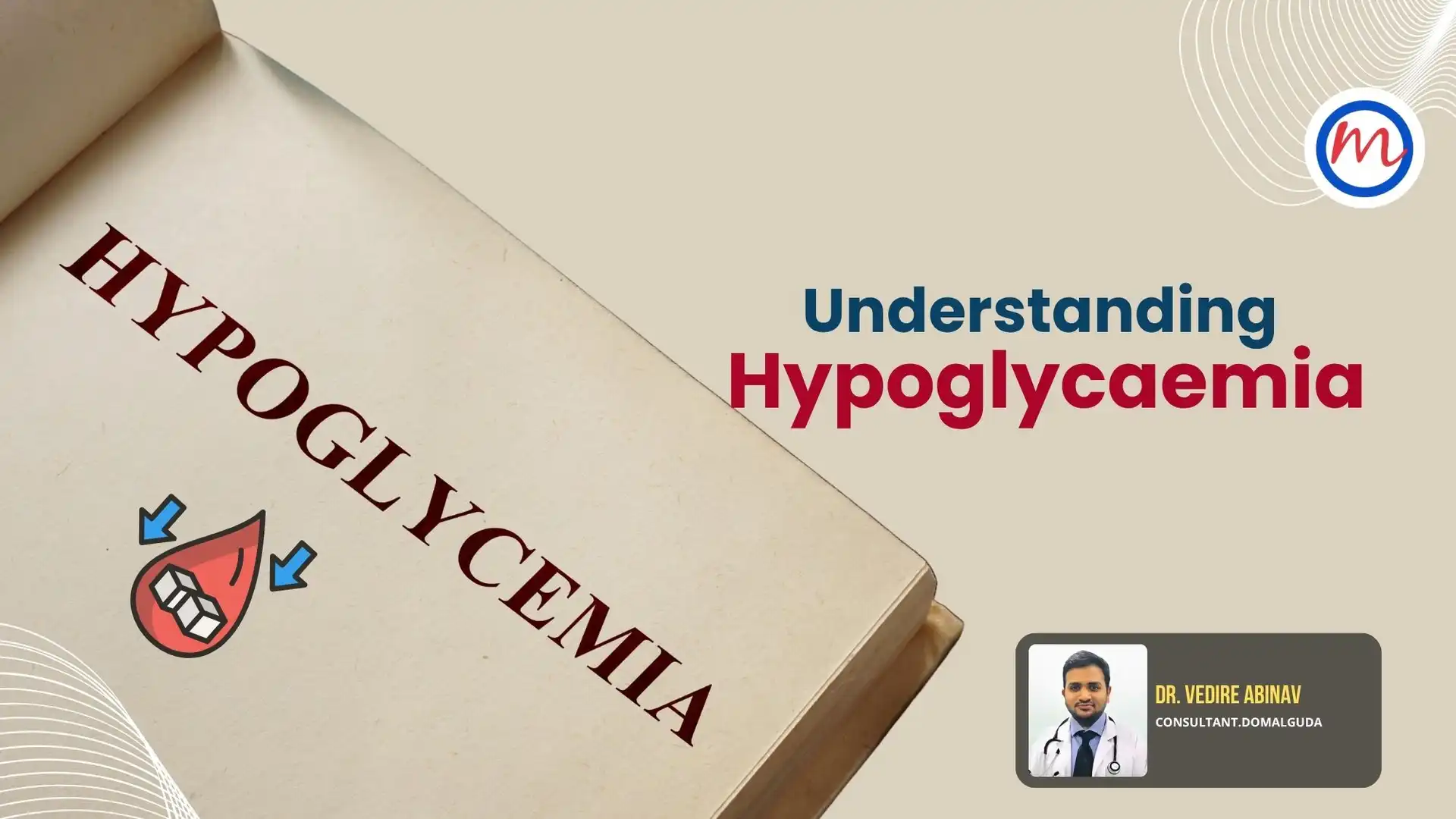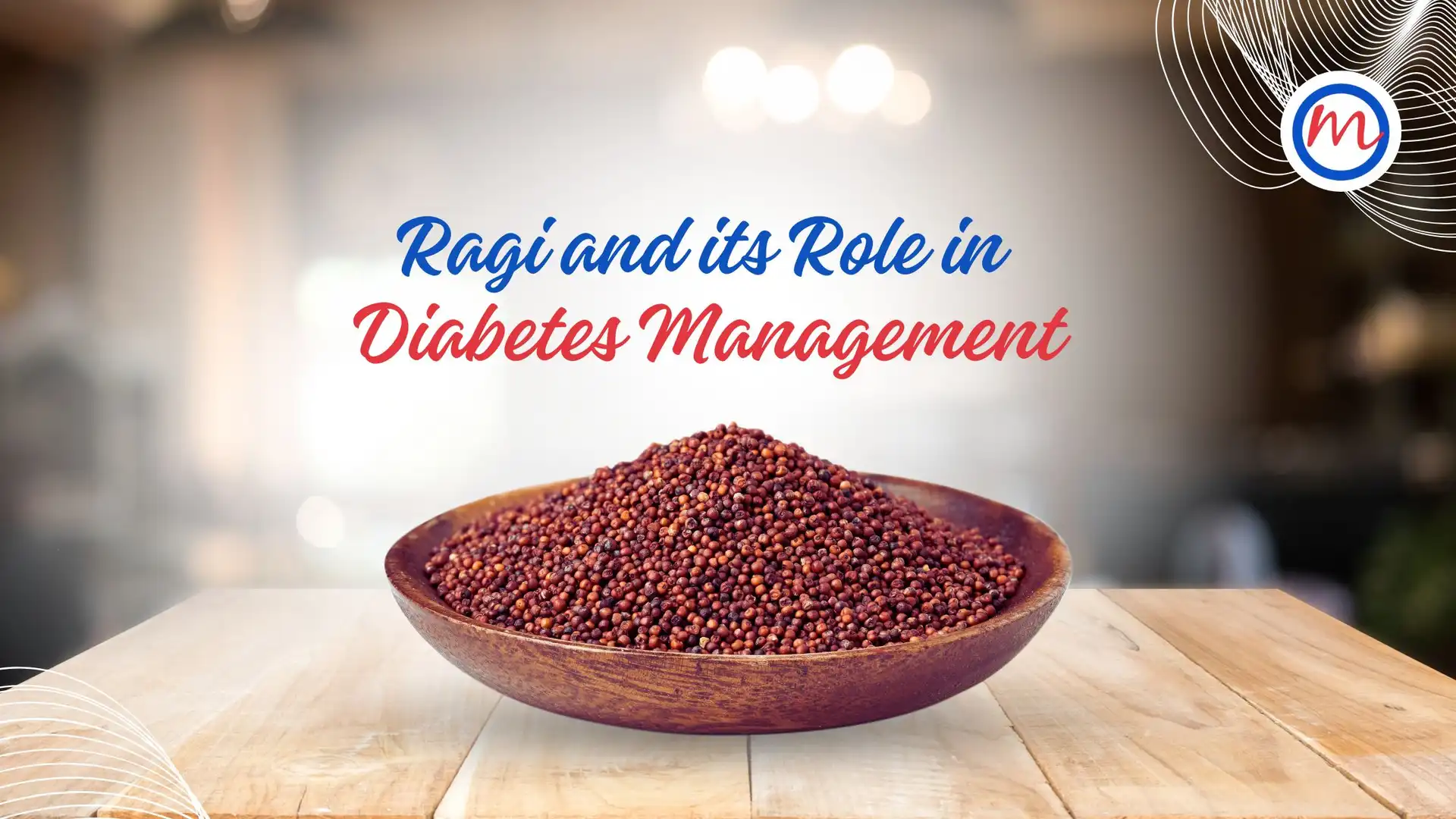Smoking as an addiction:
Smoking is not just a habit; it is an addiction. Nicotine, a natural product of tobacco, is a stimulating drug that enters the body and starts circulating in the bloodstream; it reaches the brain within 10-20 seconds after inhalation. Nicotine activates the sympathetic nervous system, which increases the flow of adrenaline, resulting in increase in heart rate, blood pressure, respiration and higher blood glucose levels. It also leads to increased levels of neurotransmitters such as dopamine, and norepinephrine, leading to feelings of euphoria, sharpness, alertness, and relaxation.
Nicotine is physically addictive like drugs or alcohol. There are specific nicotine receptors in the brain that get activated when one smokes; these nicotine receptors increase the craving for more over a period of time. Hence, withdrawal symptoms may manifest in the form of anxiety, irritability, craving, tremors, etc. when one tries to reduce it or discontinue it. Smoking not only gives pleasure, it also helps alleviate negative feelings, and the negative effects of anxiety, sadness and boredom. It becomes a psychological addiction when it becomes a part of one’s daily routine.
Meaning of addiction:
Body has to adjust to something by incorporating it into its normal functioning. Addiction is not only due to the feel – good factor, but it may have little to do with will power or being morally upright.
Addiction may be to different things in life – alcohol, drugs, gambling, or even excessive internet usage. Basically, it interferes with normal functioning. Physical addiction is a term used when the body craves a particular drug or alcohol, because the body is already accustomed to it. Psychological addiction is an addiction to drugs, alcohol, cigarettes, gambling, etc. as a reaction to stress, or as a habitual action.
Smoking and Diabetes:
Nicotine is physically addictive like drugs or alcohol. There are specific nicotine receptors in the brain that get activated when one smokes; these nicotine receptors increase the craving for more over a period of time. Hence, withdrawal symptoms may manifest in the form of anxiety, irritability, craving, tremors, etc. when one tries to reduce it or discontinue it. Smoking not only gives pleasure, it also helps alleviate negative feelings, and the negative effects of anxiety, sadness and boredom. It becomes a psychological addiction when it becomes a part of one’s daily routine.
Meaning of addiction:
Addiction has been defined as a continued repetitive action despite adverse consequences. In other words, it shows a psychological dependence, whereby the
combination:
Smoking not only increases the risk of diabetes, it is extremely risky when one has diabetes. Nicotine in cigarettes makes blood vessels and cells sticky, allowing fatty deposits to build up, making them narrow, thereby, affecting blood circulation. Besides, people with diabetes who smoke have twice the risk of premature death. Risk of complications is also 14 times higher. A 2011 study done in California indicated that nicotine levels in the blood, show a corresponding increase in sugar levels and Hba1c levels.
Smoking can be harmful, when one has diabetes, in many ways:
It increases the risk of heart and kidney problems.
Management…
It leads to poor blood flow to the feet and legs, making the person more vulnerable to infections, ulcers and possible amputations.
Disorders of the retina.
Peripheral neuropathy (damages nerves to arms and legs, leading to numbness, pain and weakness).
About 90% of the people quit smoking of their own accord, but some may need support in the form of nicotine replacement, or support groups. Lapses usually occur within four to six weeks of cessation. As the addiction may continue even after cessation, one may be vulnerable to cues such as going to parties, clubs, or friends, who smoke. It is important to learn behavioral coping skills such as eating, chewing gum, or other strategies to keep one’s hands and mouth occupied.
Tips to give up smoking:
- “Any change, even a change for the better, is always accompanied by drawbacks and discomforts”, stated Arnold Bennett, the English writer.
- Giving up smoking is an uphill task; it may take many attempts to stop.
- Have a plan: Whether to stop suddenly or gradually – whatever works for you, but it is important to fix a date, the sooner the better.
- Relapse is common. Analyse the emotions or circumstances that lead to the relapse, e.g., stress, boredom, anxiety.
- Total abstinence is best, as even a single puff can lead to a relapse.
- Positive lifestyle changes to counter negative emotions – replace negative
habits with positive ones. Positive thinking helps; if you think you can, you can. - Stimulus control – Remove anything connected with smoking – ashtrays, lighters, cigarette butts, matches.
- Stimulus substitution – make a list of things that make you feel good, such as exercising, being with a friend, reading, etc., that give you the same effect as a cigarette, and indulge in them.
- Craving lasts only few minutes; so you can put it off by doing something else like deep breathing, drinking water, eating healthy snacks, to divert your mind.
- Physical activity and stress management also helps.
- Alcohol and caffeine may act as triggers, so restrict them as much as possible.
- Lastly, get the support of family, friends and co-workers. One should not feel ‘alone’ in this struggle.
Short term benefits of giving up smoking: It lowers the blood pressure and reduces the pulse rate within 20 minutes. The carbon monoxide levels in the blood come back to normal within a day. Risk of heart attack decreases, and lungs function better within 2 to 3 months.
Long term benefits of giving up smoking: It reduces the risk of coronary heart disease, stroke, lung cancer and other cancers. So, it would be worthwhile to make a list of reasons why you want to quit and start right away. If there is a lapse, do not feel disheartened. Deal with it in a positive way and continue doing what you have to do. Reward yourself regularly, as that works wonders and helps you reach your ultimate goal – of good health.



